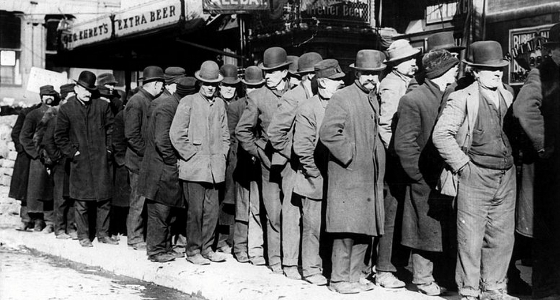Is Poverty like a Pond?
In a famous 1972 article, “Famine, Affluence, and Morality,” philosopher Peter Singer compared global poverty to a child drowning in a pond: [I]f it is in our power to prevent something very bad from happening, without thereby sacrificing anything morally significant, we ought, morally, to do it. An application of this principle would be as follows: if I am walking […]
Read more